
Most of the time, after gaining weight, people change their diet plan and start following the new diet plan to lose weight. That is why a diet plan plays an important role in getting a lean body. People who choose the wrong diet plan tend to gain weight and become obese.
follow the diet plan shown in this article, If you are obese and want to lose weight fast. Following this diet will help you lose weight within a few months and get rid of it.
Diet plan to lose weight
Eating a high-calorie diet leads to weight gain. That's why it's important that everything you eat should be low in calories. To lose weight, include in your diet only those foods that do not contain a lot of calories. Follow your diet plan for a week to lose weight. Below we have given you a 1500 calorie diet chart and you can lose weight by following this chart.
Diet plan for the first week
- Get up early in the morning and drink a cup of fenugreek ( Methi ) water first.
- Have breakfast by 8:30 am. Eat four almond nuts before breakfast. After eating almonds, drink three idlis and a bowl of sambar. You can also have a cup of green tea if you wish.
- Drink skim milk or a glass of juice between 10:00 and 10:30 in the morning.
- Have lunch by 1:00 pm and have only three loaves and one bowl of lentils, mixed vegetables, and salad. You can also eat a bowl of yogurt if you wish.
- 4:30 pm Eat a cup of sprouted mug or salad.
- Have dinner at 8:00 pm and have 3 loaves of bread, half a bowl of lentils, half a bowl of yogurt, and a bowl of advice. Also, drink 1 glass of milk before going to bed and do not add sugar to the milk.
Second Week Diet Plan
- Drink a cup of fenugreek water at 7:30 in the morning.
- Have breakfast until 8:30 and have a cup of green tea, four nuts, and brown bread for breakfast.
- Drink citrus juice at the branch at 10:30.
- Have lunch at 1:00 pm and have 2 loaves of bread, some rice, vegetables, salad and a bowl of yogurt.
- 4:30 pm Eat coconut water and grapes or watermelon.
- You can take two loaves of bread, lentils, vegetables at 8:30 pm and drink skim milk before going to bed.
In the second week, you will start to notice a difference and the body fat will start to decrease. The amount of calories in this diet plan is only 1400. Also, change your diet plan to lose weight before the third-week starts and follow the diet plan shown below.
Third Week Diet Plan
- Drink a glass of lemon water at 7:30 in the morning.
- Have breakfast by 8:30 am and have a bowl of oatmeal, green tea, and four nuts for breakfast.
- Have brunch at 10:30 and drink boiled eggs and fruit juice in it.
- 1:00 pm Take a loaf of bread, some rice, a bowl of lentils or vegetables, a bowl of salad, and 1 cup of yogurt.
- 4:30 pm You can have a cup of green tea and biscuits.
- 8:00 pm: You can have bread, half a bowl of lentils, vegetables, and salad. Also, drink a cup of warm milk before going to bed.
Taking this diet in the third week will help you lose weight and also maintain energy in the body.
Fourth Week Diet Plan
- Drink a glass of lemon water at 7:30 in the morning.
- Have breakfast at 9:30 in the morning and eat upma, green tea or milk and four nuts for breakfast.
- Have brunch at 10:30 and drink fruit or fruit juice in it.
- 1:00 pm: Eat bread, vegetables, lentils, half a bowl of salad, and half a bowl of yogurt.
- 4:30 pm Eat a cup of green tea and biscuits.
- 8:00 pm: Bread, half a bowl of lentils, and salad. Also, drink a cup of warm milk before going to bed.
Continue this diet plan to lose weight and keep repeating this diet plan, which will help you lose weight. A diet plan to lose weight will be very effective and you will be able to lose weight within a few months.
Also, keep in mind the following points along with this diet plan.
- In addition to following a proper diet, you should also do some yoga. Because doing yoga can also help you lose weight. If you don't like yoga you can also go to the gym.
- Do not eat fried and outside food at all. Eat only home-made food and use at least oil and ghee when cooking.
- Avoid French fries, chips, sugary foods such as sweets and pudding. Because eating all these things leads to weight gain.
- Drink plenty of water throughout the day and do not take work stress.
- Get at least 8 hours of sleep.
